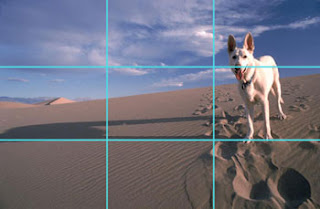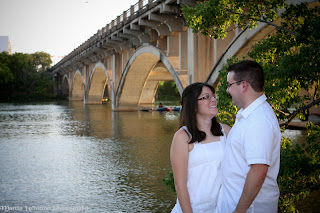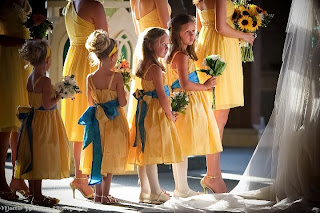I recently read the following on the photo.net online discussion forum:
Question: “What makes a photo a fine art work (that is, special or good)?”
Answer: “When you say it is. The better answer is when others say it is.”1
While speaking in simple terms this is correct, surely we can explore the topic a little more deeply to find more significant answers to what makes a photograph great. According to iconic landscape photographer Ansel Adams, “A great photograph is one that fully expresses what one feels, in the deepest sense, about what is being photographed.”2
Let’s refine our search a little and ask ourselves some questions. The first question we should be asking is what is the subject of the photograph or image? The most common problem encountered when attempting to create a great image is not establishing an obvious subject. Try to imagine what subject another person might see (if any) while viewing your photograph.
Is the photograph composed in an appealing way? Composition is probably the most elusive concept in photography because it is subjective (what one person likes another person may not) and because the rules of composition are concrete. Here are some important composition concepts to keep in mind:
Simplicity. Don’t try to over-complicate your image with distractions or too much subject matter. The subject of what you are photographing should be clear.
Framing. Try to fill the image frame and make sure there are no voids within your image. There are exceptions to the rule, but there shouldn’t be open space that distracts from the subject.

Framing. Try to fill the image frame and make sure there are no voids within your image. There are exceptions to the rule, but there shouldn’t be open space that distracts from the subject.
Law of thirds. If you imagine your camera viewfinder as a tic-tac-toe-like grid where space is divided into thirds, it is considered more pleasing to the eye to place your subject where third lines intersect (instead of splitting your
image in half).

Photo Courtesy of Microsoft Corporation
image in half).

Photo Courtesy of Microsoft Corporation
Leading lines. Are the viewer’s eyes guided through the photograph to the focal point? Examples might be railroad tracks, highways, bridges, buildings and more.
Perspective. How your subject appears to the viewer determines perspective. Many times your subject can determine perspective as well. Here are some beautiful Examples of Different Perspectives3 which might better illustrate the concept.

Perspective. How your subject appears to the viewer determines perspective. Many times your subject can determine perspective as well. Here are some beautiful Examples of Different Perspectives3 which might better illustrate the concept.
Focus and exposure. Make sure your subject is in focus and exposed correctly. If everything else mentioned here is correct, but focus or exposure is not correct, your photograph’s message will likely be lost.4
There are more compositional ideas that were not discussed, but hopefully these give you some foundation to build upon. Now comes the overarching questions. Does the photo tell a story? Does it elicit emotion? Is there an inherent creativity about the image? Is it appealing to people from all walks of life?
If you’ve followed the compositional rules for photography laid out above, and you can answer the aforementioned questions with a resounding “yes”, then you’ve probably created a great photo. If taking good photographs were easy then you wouldn’t be reading an article about it. Every good photographer takes bad photos; what separates the good from the bad is continuous practice and always maintaining the personal resolve to capture a better photograph. Perhaps that is what defines a passion for photography.
To provide you with some photographic perspective and a starting point I’ll leave you with a quote. As legendary French photographer Henri Cartier-Bresson once stated, “Your first 10,000 photographs are your worst.”5
So how many photographs have you taken today?
Martin Whitton is a professional wedding photojournalist who lives and works in Austin, Texas
Sources:
1. Photo.net Forums. http://photo.net/philosophy-of-photography-forum/007Nad
3. What makes a photo good? A Basic Checklist for Evaluating Photo Quality by Charlotte K. Lowrie. http://wordsandphotos.org/Commentary/WhatMakesAPhotoGood.htm
5. Digital Photography School

No comments:
Post a Comment